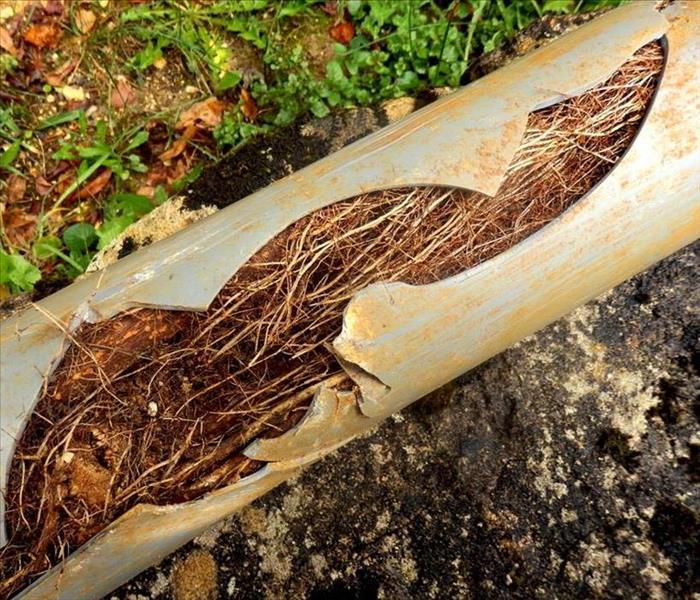3 Sewage Issues You Might See at Your Commercial Building
12/18/2020 (Permalink)
Common Sewage Issues
As the owner of a commercial building in Northeast Dallas, TX, you will see a variety of functional issues. A blocked sewer, destroyed fixtures and more problems are expected when the building's plumbing system services so many people simultaneously. Keep the building running and your customers happy by anticipating some of the most common sewage issues.
1. Sewage Blocks
The sewage lines throughout the building are essential to your business. If they get blocked, it can cause numerous other problems such as a toilet overflow. The waste also backs up and stays in the building, leading to a foul smell that drives away employees and clients alike. Some of the potential sewage blockages include a buildup of improperly flushed items and nearby tree roots. Have your lines inspected at least twice a year to detect problems as early as possible.
2. Leaking and Broken Pipes
Besides a blocked sewer, another water issue to expect is leaking and broken pipes. As your system ages, it becomes weaker and more vulnerable to damage. Pipe breaks and leaks can cause expensive structural damage throughout the building. The extra humidity can also result in mold growth. It is important to pay attention to any stains since they can signal pipe leaks. Hire a contractor to repair or replace affected pipes and an emergency remediation specialist to handle the water damage.
3. Broken Fixtures
Commercial buildings like yours have multiple individuals using fixtures such as toilet handles, faucets, showerheads and more. Eventually, due to rough use, age or other factors, these items will break. People will be unable to use toilets, sinks and other functions, leading to greater issues like a perceived lack of professionalism and a profit loss. Ensure every fixture in the building works well and address any complaints as soon as possible.
Plumbing-related problems such as a blocked sewer create heavy costs and dissatisfy your staff and clients. Look for recurring situations like these and fix them before they escalate.



 24/7 Emergency Service
24/7 Emergency Service
